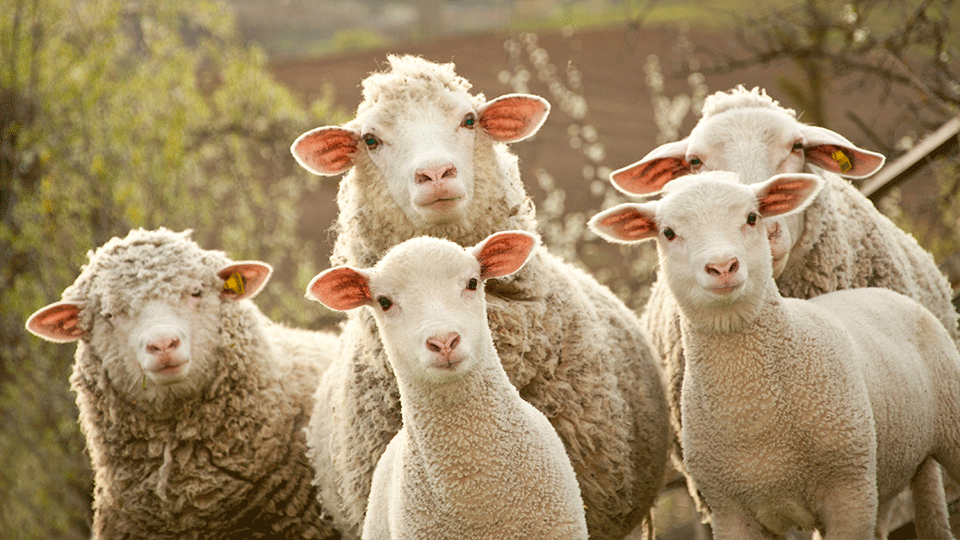So your new lambs are here, now what?
Z7_3H1C1OC0MOQD20Q43FMKSK22B1
 So your new lambs are here, now what?
So your new lambs are here, now what?
So your new lambs are here, now what?
April 24, 2024
We've been speaking with so many members from our community that have had questions about lambing season, particularly nutrition. We caught up with our very own Dr. Usama Tayyab, Ph.D Animal Nutrition, about how to care for your new lambs.
Lamb feeding involves providing adequate nutrition to young lambs to support their growth and development. Here's a basic guide on lamb feeding:
- Colostrum: Immediately after birth, lambs should receive colostrum, which is the first milk produced by the ewe. Colostrum is rich in antibodies that provide passive immunity to the lamb, protecting it from diseases. Lambs should consume colostrum within the first few hours of life, as their ability to absorb antibodies decreases rapidly after birth.
- Milk Feeding: If the lamb is orphaned or if the ewe is unable to produce enough milk, the lamb will need to be bottle-fed with milk replacer. Commercial milk replacers specifically formulated for lambs are available and should be used according to manufacturer instructions. Lambs should be fed milk replacer several times a day, with the frequency decreasing as they grow older. As a general guideline, newborn lambs may need to be fed every 2-4 hours.
- Weaning: Lambs can be weaned off milk replacer onto solid feed once they are around 4-8 weeks old, depending on their growth rate and health. During the weaning process, gradually reduce the amount of milk replacer offered while introducing solid feed such as lamb starter pellets or grains (Otter Lamb Starter #U01980). Ensure that the transition is gradual to prevent digestive upset.
- Solid Feed: Once fully weaned, lambs should have access to high-quality forage, such as pasture or hay, as well as concentrate feed (Otter 14% Sheep Text #U73002) formulated specifically for growing lambs. The concentrate feed contains essential nutrients such as protein, energy, vitamins, and minerals to support healthy growth.
- Water: Access to clean, fresh water is essential for lambs at all stages of life. Ensure that water is readily available to encourage proper hydration and digestion.
- Monitoring: Regularly monitor the lambs' growth, behavior, and overall health. Adjust feeding practices as needed to ensure that the lambs are growing at a healthy rate and are free from nutritional deficiencies or health issues.
- Healthcare: Along with proper feeding, lambs should receive appropriate vaccinations, deworming, and other healthcare measures as recommended by a veterinarian to prevent diseases and promote overall well-being.

By following these guidelines and providing proper nutrition and care, you can help ensure the healthy growth and development of your lambs.
If you're in the middle of lambing season, please SHARE any photos with us by tagging us on social media:
FACEBOOK: @ottercoopfeed
INSTAGRAM: @Otterfeedandpet
Discover more: